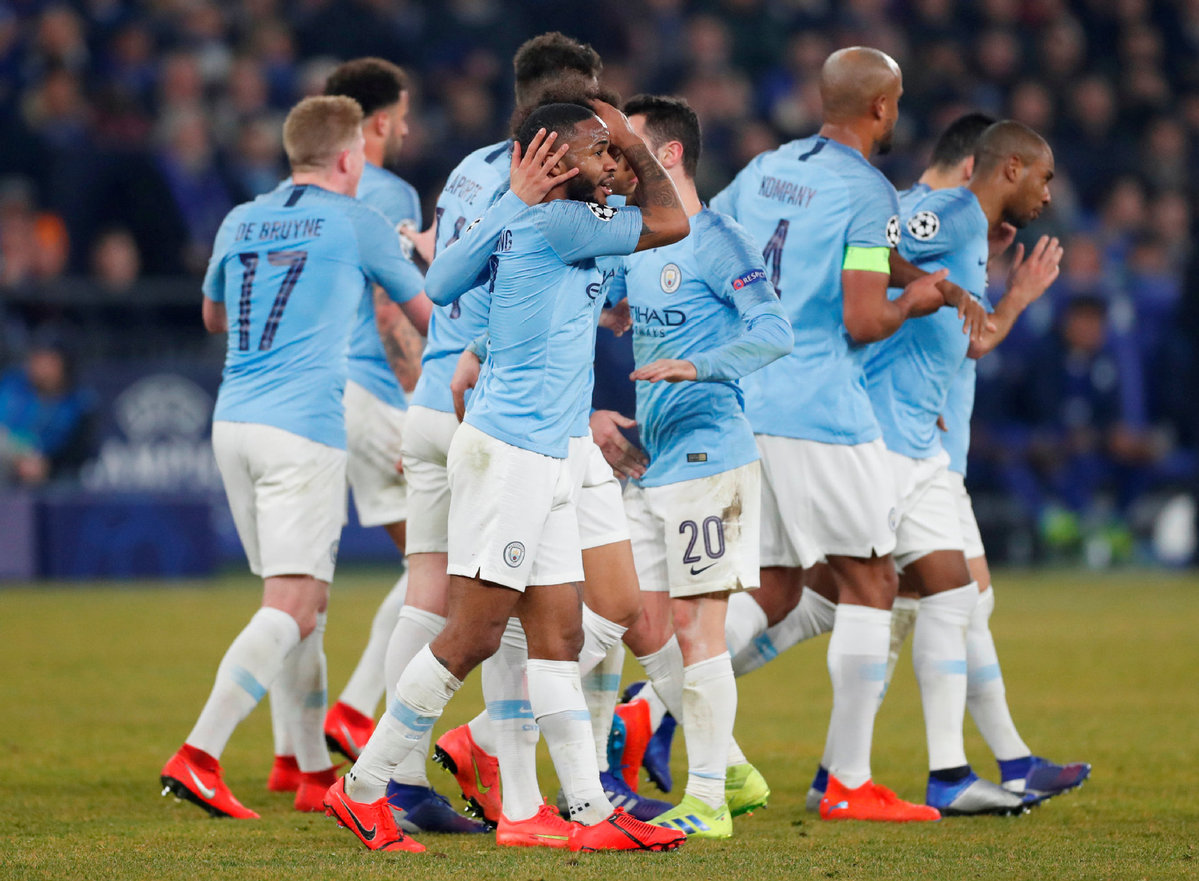Manchester City owner buys stake in Chinese soccer team


It has been a tough 10 years for fans of Sichuan Jiuniu Football Club. After relegation from the second division, the team has spent the last decade in obscurity, bouncing between the third and fourth tiers of Chinese soccer.
But suddenly fans have something to smile about. The Chengdu-based team has just become the unlikely Chinese outpost of a sprawling sporting empire controlled by City Football Group, otherwise known as CFG.
On Wednesday, CFG and two Chinese partners -- investment group China Sports Capital and Shenzhen-based robotics company UBTECH -- purchased Sichuan Jiuniu FC.
The team is now the seventh member of CFG's growing family of soccer clubs that includes English Premier League champion Manchester City.
"Today marks an exciting new chapter in the growth of City Football Group," said CFG chief executive Ferran Soriano. "China is an extremely important football market, which we have been focused on for some time. We see this as a natural extension of our existing activities."
Beyond Manchester City, CFG is the majority shareholder of two other clubs -- New York City in the United States and Melbourne City in Australia.
CFG also owns minority stakes in Yokohama F Marinos in Japan, Club Atletico Torque in Uruguay and Girona FC in Spain.
This rare and ambitious franchise arrangement is designed to give the teams sponsorship synergies and streamline exchanges among players and staff.
Former Manchester City midfielder Patrick Vieira, for example, went on to manage New York City, and players have moved on loan between Melbourne and New York.
The model also allows the company to keep tabs on developing players in both established and emerging footballing nations.
Club Atletico Torque in Montevideo doubles as Manchester City's scouting base for South American talent.
And with Sichuan Jiuniu, CFG now has a foothold in China, a country that is getting serious about soccer development.
Executives at CFG have had their eye on the lucrative and expanding Chinese soccer market for several years.
"It was only a matter of time before Manchester City acquired a club in China," said Simon Chadwick, a professor of sports enterprise at Salford University.
"What is striking about the deal is the club that City has bought. Not only is it a lower league team, but it is also some considerable distance away from the economic hotspots and football heartlands of Beijing, Shanghai and Guangzhou," he added.
Chadwick says that the takeover of this particular club indicates a far-sighted strategy on the part of CFG.
"It demonstrates a commitment to support the development of Chinese football as it moves westwards across the country. It also implies that CFG sees the relationship as long-term and sustainable, rather than opportunistic," said Chadwick.
CFG's predecessor, the Abu Dhabi United Group, was established in 2008 by United Arab Emirates royal Sheik Mansour, which took control of Manchester City that year.
Mansour pumped money into the club, transforming it into one of Europe's elite teams -- and the jewel in the crown of the footballing empire that CFG has gone on to create.
A strong link with China formed in 2015, when conglomerate China Media Capital bought a 13 percent stake in CFG for $400 million, and the search for Chinese soccer assets began in earnest.
At that time the Chinese Super League was growing in prestige. And CFG was also encouraged when, in 2016, the Chinese Football Association released a 35-year plan aimed at developing Chinese soccer, part of President Xi Jinping's drive to turn the country into a footballing powerhouse.
CFG opened an office in Shanghai in 2016 and a second in Shenzhen in 2017. That year, the company sent former chief commercial officer Tom Glick to China almost every month, on the hunt for sponsorship ties ups -- and a Chinese club.
"One suspects that CMC was instrumental in navigating through the complexities of the Sichuan Jiuniu deal to ensure that CFG and its Abu Dhabi owners were able to win the support of important stakeholders in China," said Chadwick.
A central part of CFG's plans for China -- according to Chadwick -- is getting in early, just as the world's most populous country is doubling down on youth development.
China's government-backed grassroots soccer program is huge in scale. By 2020, President Xi Jinping wants 20,000 specialist soccer schools and 70,000 pitches constructed, and between 30 million and 50 million school children regularly playing the game.
"China is a potential source of sustainable revenue for City, but also a place where potential future stars will be identified," said Chadwick.
If China is to produce increasing numbers of players capable of making their mark on the world stage, CFG is now well-placed to discover them at the beginning of their development.
"We believe strongly in the future of football in China," said Soriano. "We are making a long-term, sustainable commitment to grow and develop Sichuan Jiuniu FC and to nurture Chinese footballing talent."
Sichuan Jiuniu finished third from bottom in China's third division last season, when an average crowd of 4,000 was swallowed up by the cavernous 42,000-seater Chengdu Longquanyi Football Stadium. If CFG has delivered anything yet in this new challenge, it is likely a sense of hope among the Sichuan faithful.
Most Popular
- Nation's soccer strength reboots for a new era
- Champions lead Winter Olympics quest
- China's U23 captain Xu Bin set to join Premier League club Wolves
- U23 near miss brings hope and lessons for Chinese soccer
- Short track skaters named flag bearers as Hungary unveils 2026 Winter Olympic squad
- China's historic run at AFC U23 Asian Cup sparks praise





























